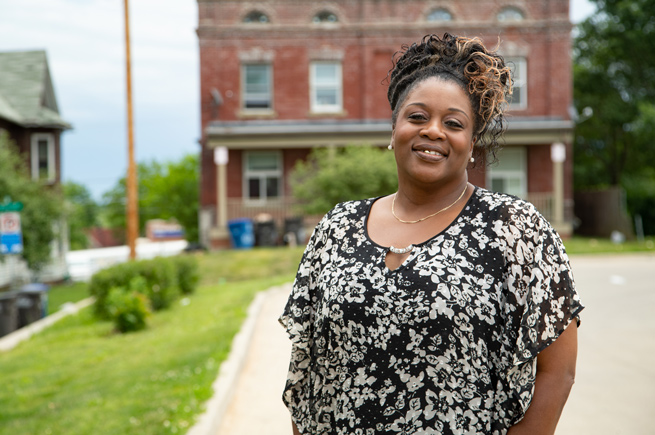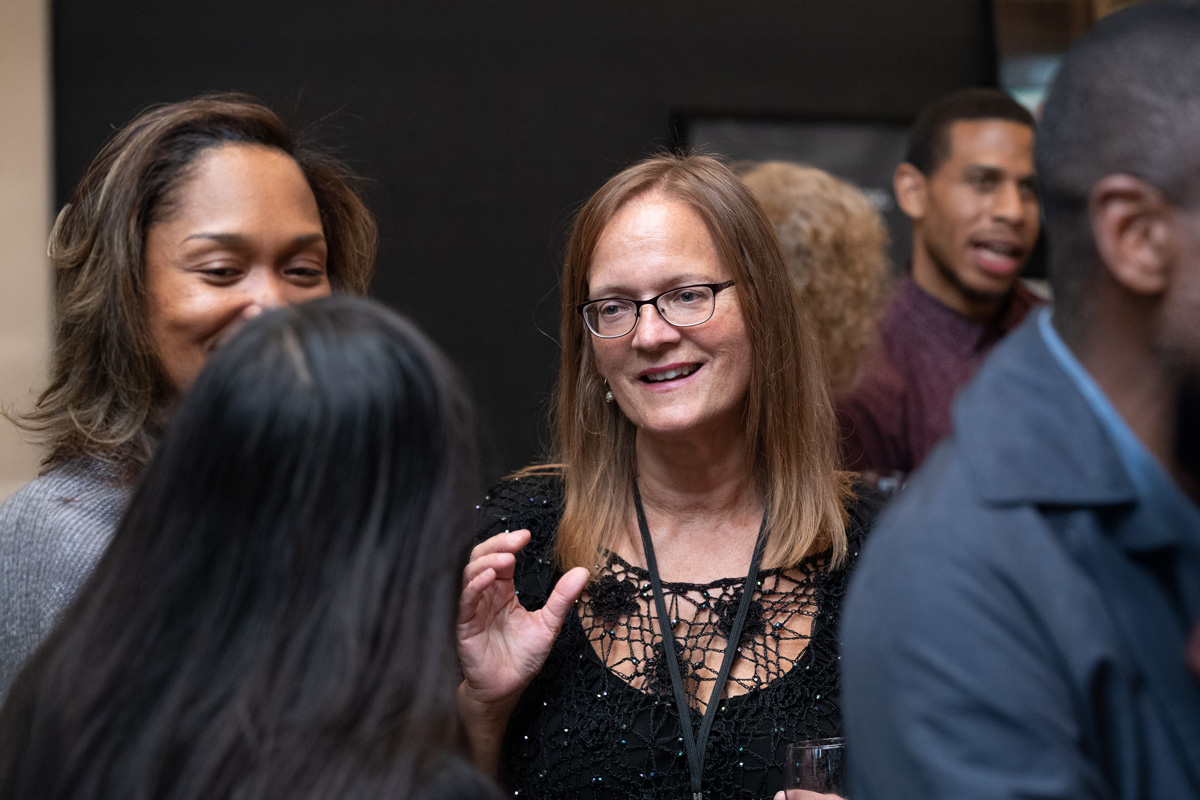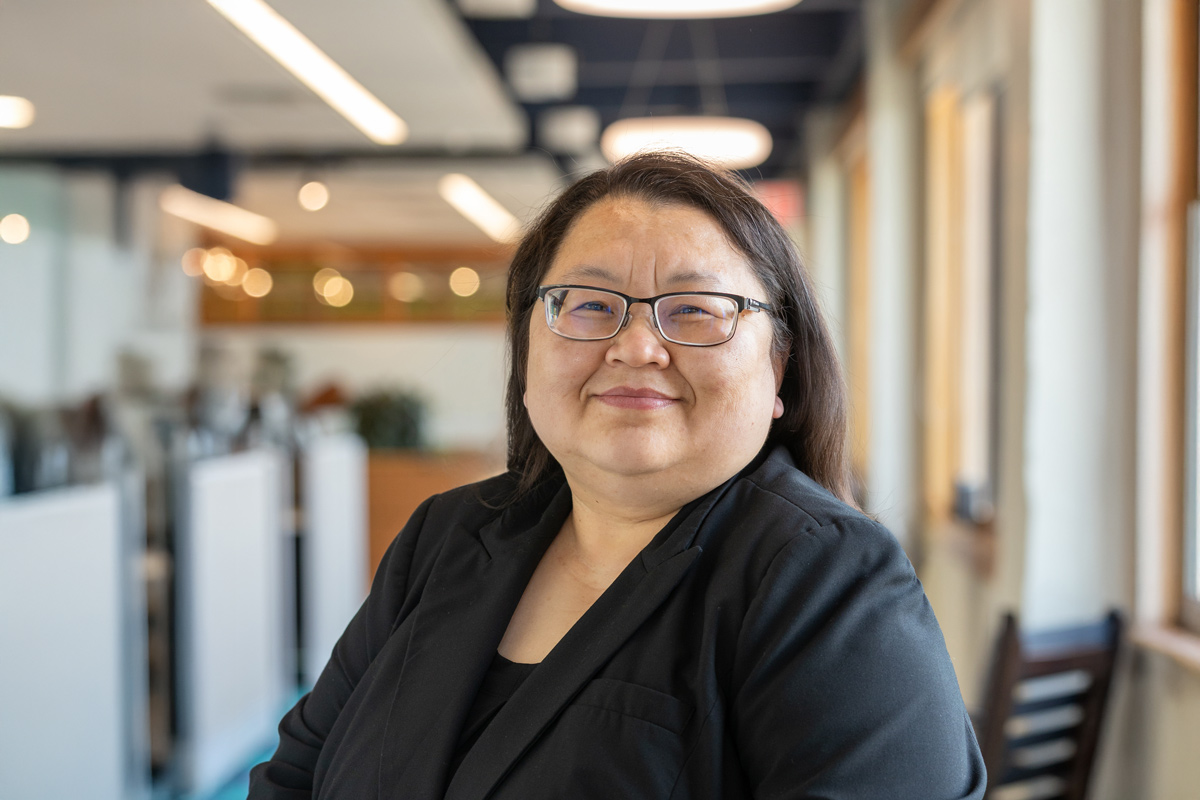Six grantee cohorts participating in the African American Financial Capability Initiative have developed community-based solutions to the racial wealth gap, and they’re doing so with impact.
In our cover story on the cohorts’ work, we describe the effectiveness of funding grantees that are community led and rooted in culture. It reflects a commitment to diversity, equity, and inclusion (DEI) in our grantmaking. We’re also building DEI commitments throughout our organization, which the report explores in a story on our 28-point multiyear plan and the process by which we’re transforming our internal operations and culture.
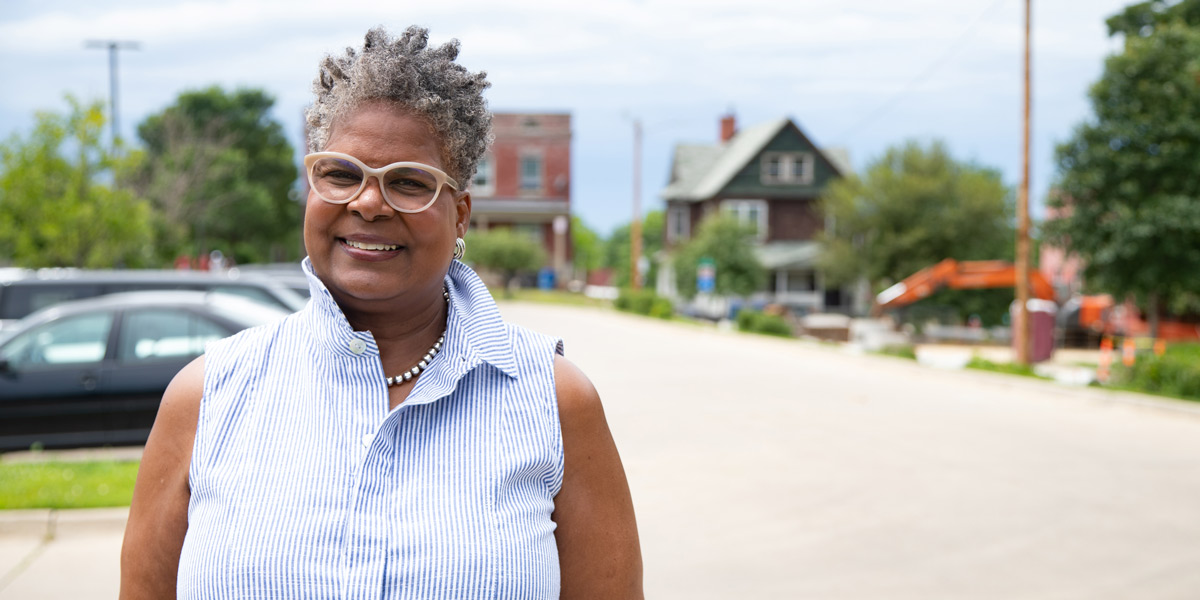
Grantees in the African American Financial Capability Initiative (AAFCI) are tackling injustice with responses that are collaborative, tailored, and African American led.
Featured in the cover story are AAFCI cohorts in Des Moines and Seattle, where redlining (a type of discriminatory lending policy) and other unjust financial practices have created a legacy of economic disparities along racial lines. The cohorts were funded to develop and implement innovative, community-centered financial capability pilot projects.
A report based on a yearlong study by the Des Moines cohort’s One Economy program painted a vivid portrait of the wealth divide in the city. “I think even the Black community didn’t realize how stark the racial divide is,” says Teree Caldwell-Johnson, board chair of The Directors Council, which is part of the Des Moines AAFCI cohort.
“Sometimes it just takes one person to step up to effect change. Sometimes that’s just a little old citizen out there, who says: ‘You know what? Not on my watch.’”
Teree Caldwell-Johnson
Board Chair, The Directors Council
The study’s startling results have launched conversations that previously weren’t happening among business and political leaders and residents of all races. Teree shares, “And what we’re hoping now is that it will start to give people a seat at the table who didn’t have a seat before. Sometimes it just takes one person to step up to effect change. Sometimes that’s just a little old citizen out there, who says: ‘You know what? Not on my watch.’”
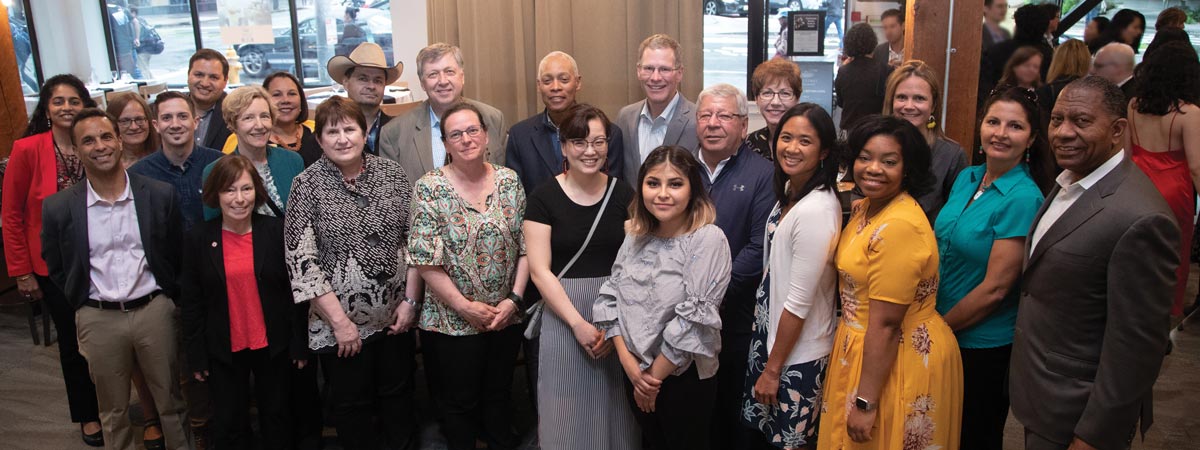
As an organization, we’re walking an intentional path to transform ourselves around DEI.
This year’s annual report also shares an update on our DEI journey. We intentionally started to transform our organization from the inside. Over the past year we’ve been focusing on how our internal operations and culture can best reflect our organizational values.
Our efforts resulted in a multiyear plan that centers on 28 task-oriented recommendations rooted in the specific circumstances and nature of our work. The plan is a living document that we’ll update as necessary to accommodate change and reflect the discoveries we’ll continue to make.
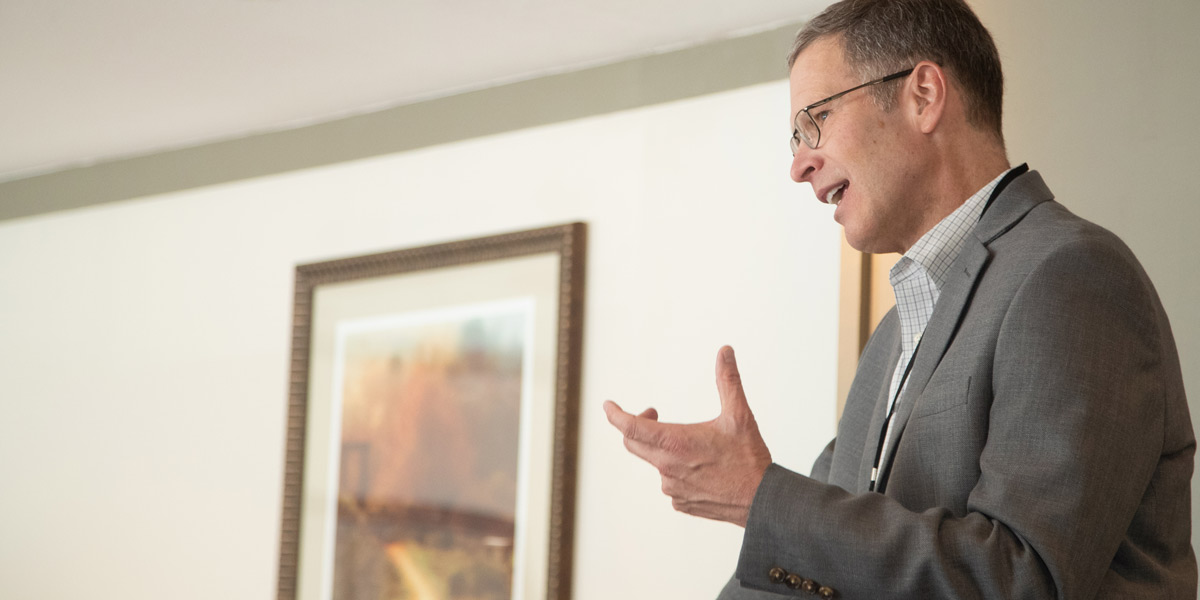
Community led and rooted in culture.
The Foundation’s mission rests on these two central concepts. In his letter in the annual report, our president and CEO Kevin Walker foregrounds how much we value investing in grantee partners that are rooted in the communities they serve and that support equity in their communities.
A snapshot of our finances.
We also include our Foundation’s financial snapshot in the annual report—the numbers behind our mission—for January 1 through December 31, 2018:
Total assets: $431 million
Total grants paid: $18.7 million
Commitment to mission investing since 2004: $55.5 million

